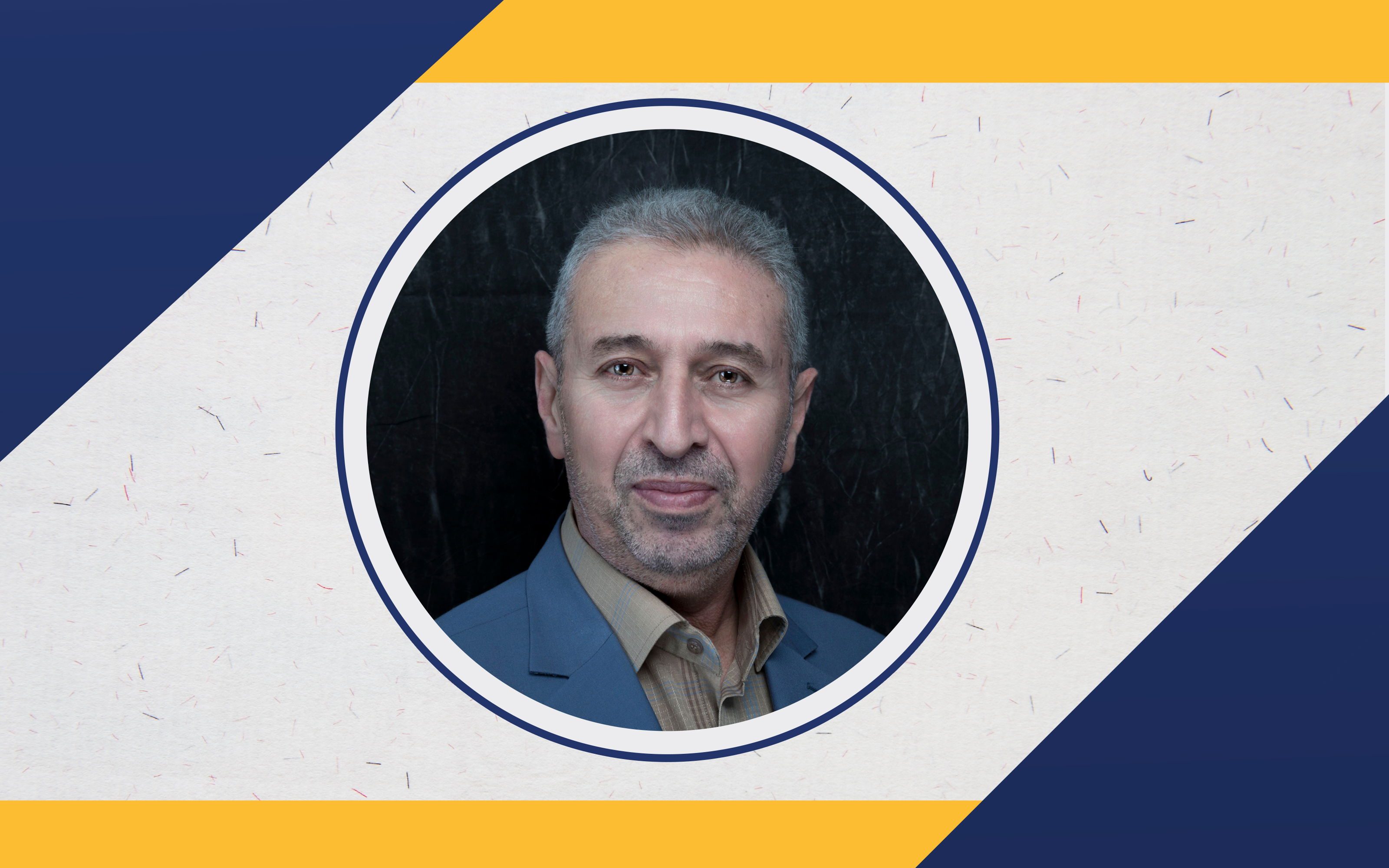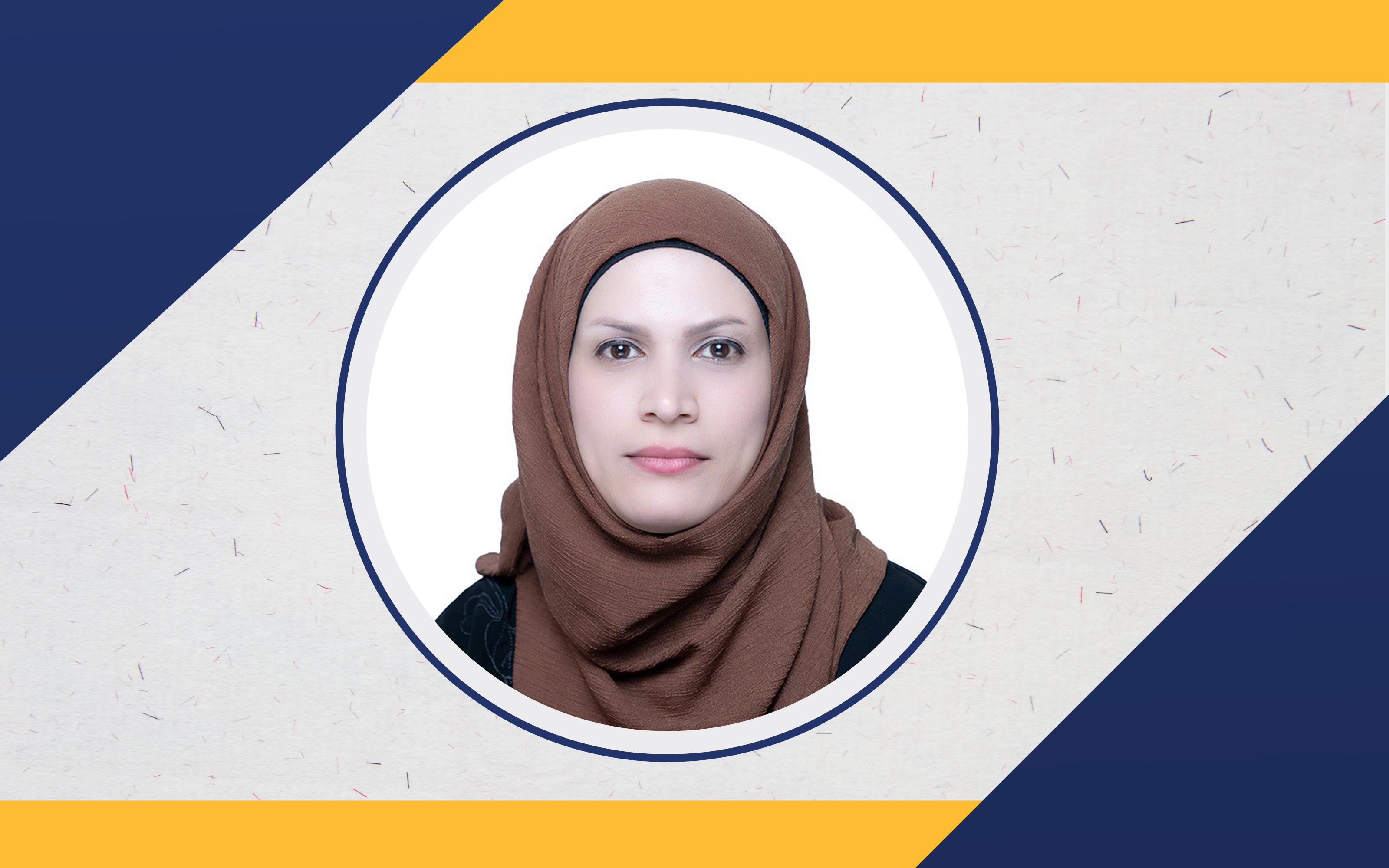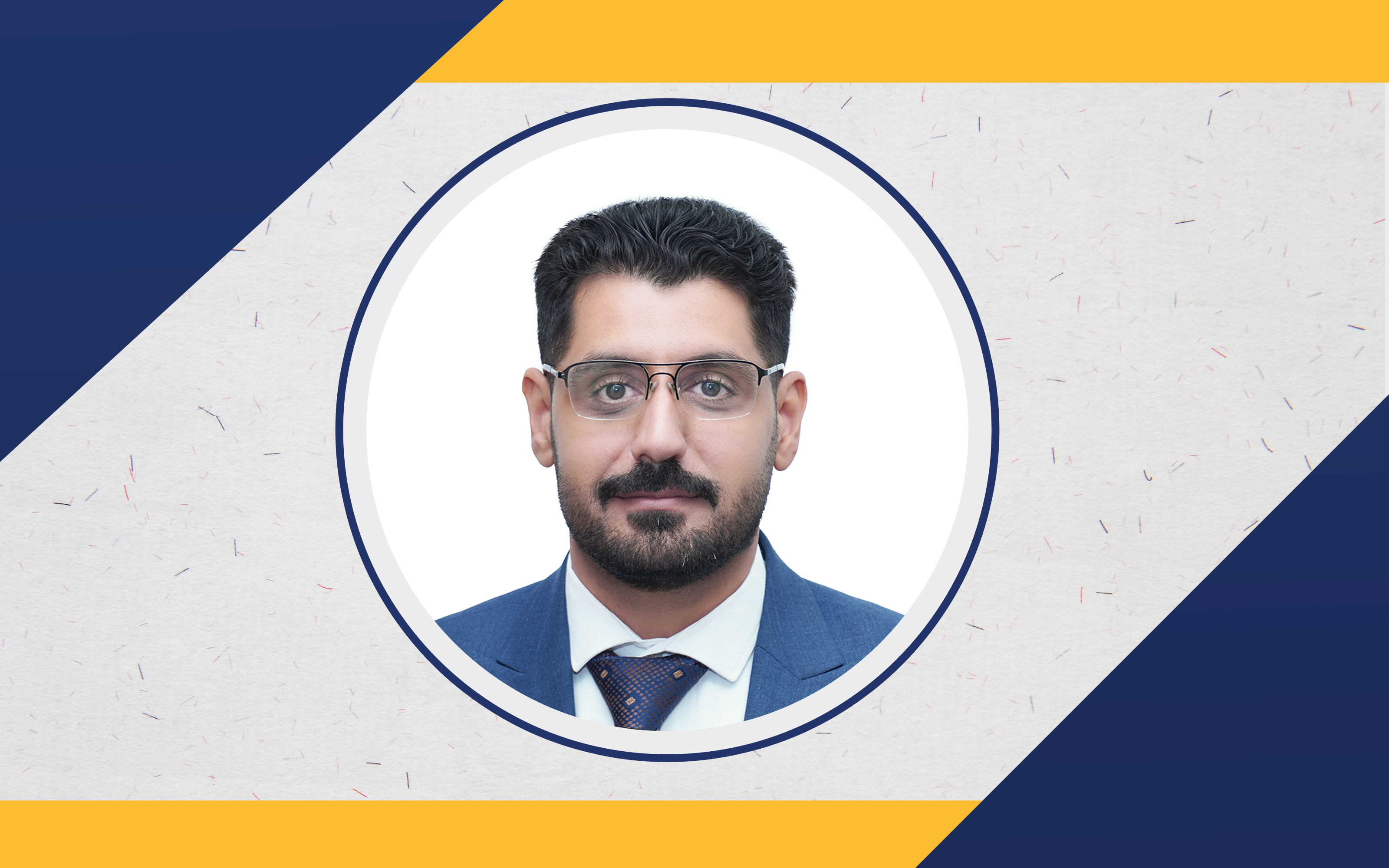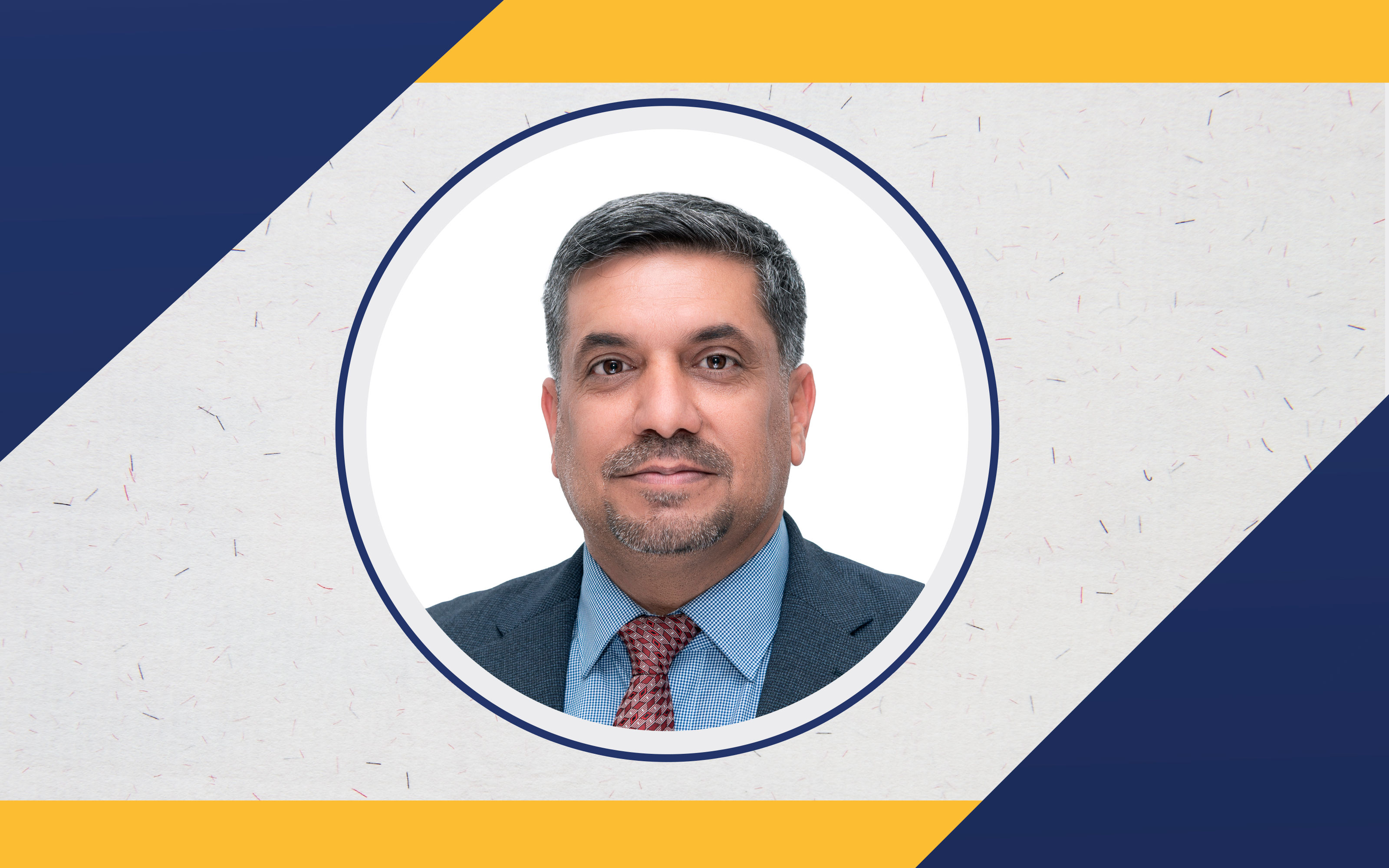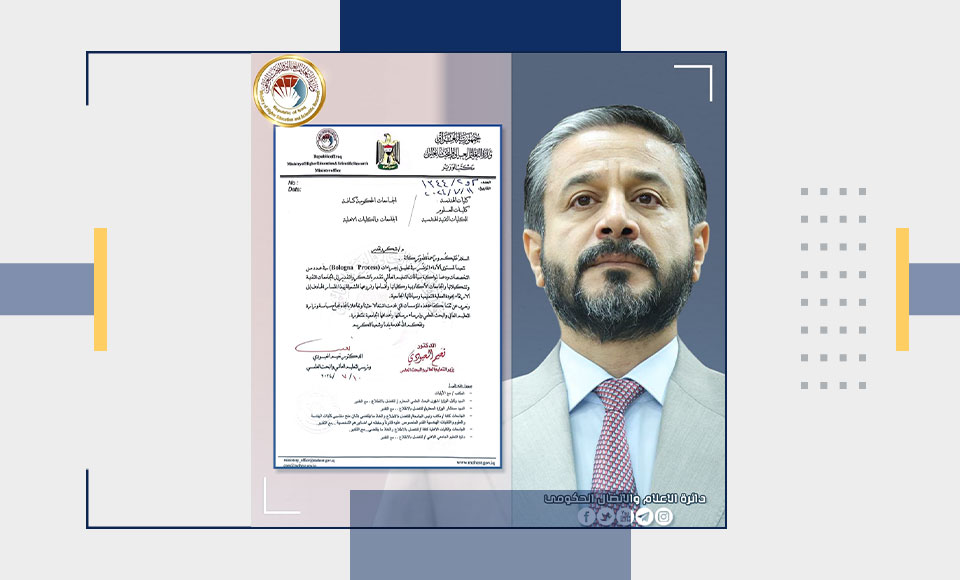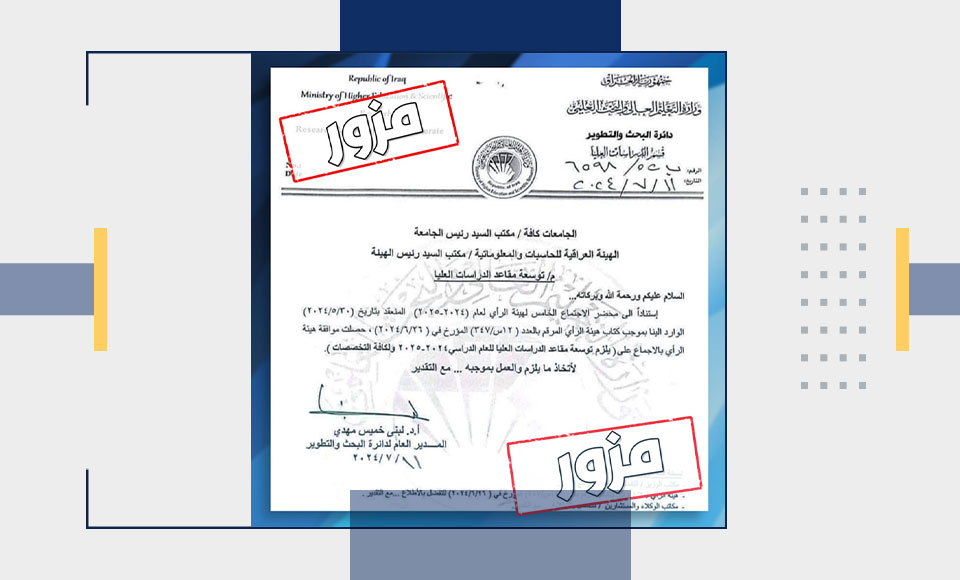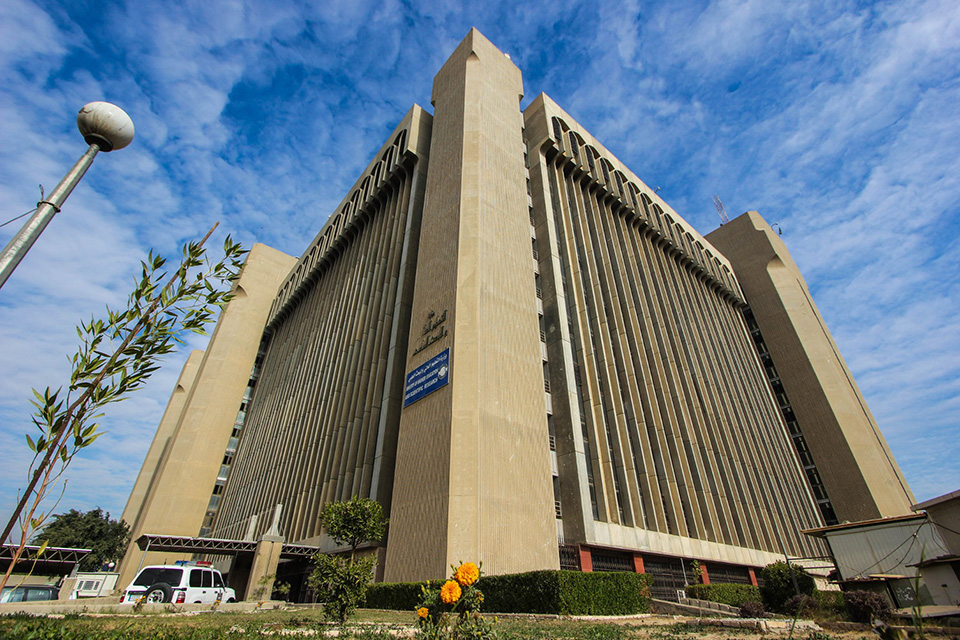The College of Islamic Sciences in Brief
The College of Islamic Sciences was established with a commitment from the Presidency of the University of Wraith Al-Anbiyaa and the College's Dean to promote Islamic Sharia in theological, moral, and legislative fields. It also aims to represent it practically in reviving humanity and society.
Our college specializes in the study of Islamic sciences within multiple departments, which currently include the Department of Jurisprudence (Fiqh) and its Principles, and the Department of Quranic Sciences. It attracts students from preparatory schools, offering both morning and evening programs.
College Objectives
The college endeavors to prepare a group of scholars and researchers in Islamic sciences to study Sharia through academic methods. In this regard, our college seeks to achieve the following objectives:
-
-Prepare a group of individuals who strive to bridge the academic and social gap between religious seminaries (Hawza) and academic universities.
-
-Prepare social and religious reformers who are dedicated to guiding society and enriching it with religious teachings and concepts, disseminating them among all social strata through the qualifications provided by the college.
-Train academic faculty for preparatory schools and universities
-
-Prepare qualified religious experts to work in courts as specialists in their respective fields to oversee the Sharia aspects of legal judgments issued by judges.
College Aspirations
The College's leadership aims to open new departments in addition to the existing ones, such as the Department of Jurisprudence (Fiqh) and its Principles and the Department of Quranic Sciences. While it initially focused on these two departments at the undergraduate level during its first year, it aspires, in the coming years, to open admissions to other departments and at higher levels, including master's and doctoral degrees. This is in pursuit of reviving the sciences of Sharia in all areas, including intellectual, theological, comparative religion, Arabic language, and Hadith studies.
Dr. Talal Faiq Al-Kamali
Dean of the College of Islamic Sciences
